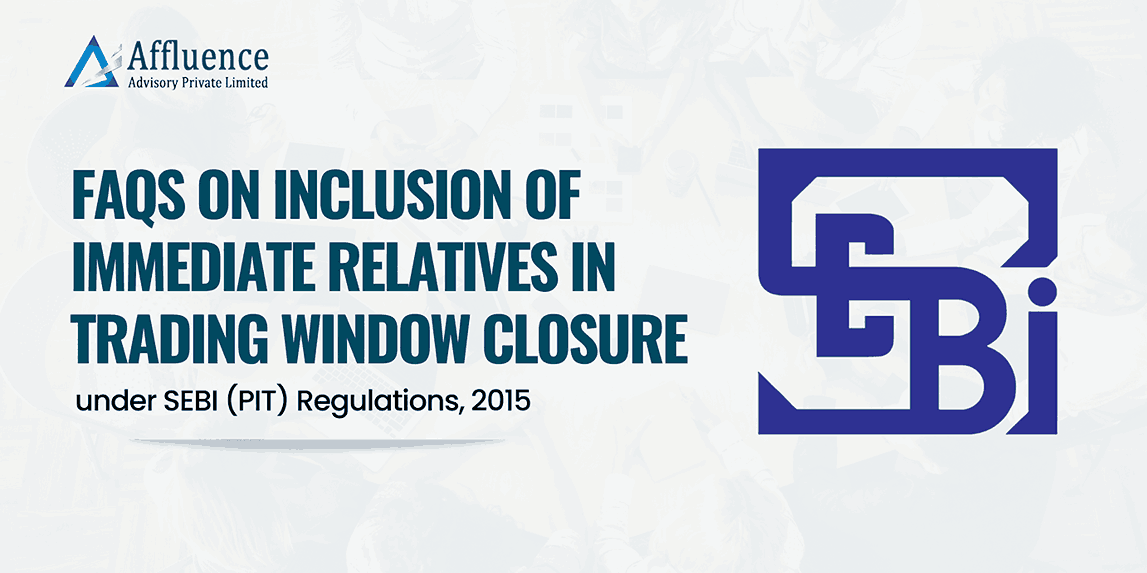1. What is a Non-Banking Financial Company (NBFC)?
A Non-Banking Financial Company (NBFC) is a company registered under the Companies Act, 1956 engaged in the business of loans and advances, acquisition of shares/stocks/bonds/debentures/securities issued by Government or local authority or other marketable securities of a like nature, leasing, hire-purchase, insurance business, chit business but does not include any institution whose principal business is that of agriculture activity, industrial activity, purchase or sale of any goods (other than securities) or providing any services and sale/purchase/construction of immovable property. A non-banking institution which is a company and has principal business of receiving deposits under any scheme or arrangement in one lump sum or in installments by way of contributions or in any other manner, is also a non-banking financial company (Residuary non-banking company).
2. What does conducting financial activity as “principal business” mean?
Financial activity as principal business is when a company’s financial assets constitute more than 50 per cent of the total assets and income from financial assets constitute more than 50 per cent of the gross income. A company which fulfils both these criteria will be registered as NBFC by RBI. The term ‘principal business’ is not defined by the Reserve Bank of India Act. The Reserve Bank has defined it so as to ensure that only companies predominantly engaged in financial activity get registered with it and are regulated and supervised by it. Hence if there are companies engaged in agricultural operations, industrial activity, purchase and sale of goods, providing services or purchase, sale or construction of immovable property as their principal business and are doing some financial business in a small way, they will not be regulated by the Reserve Bank. Interestingly, this test is popularly known as 50-50 test and is applied to determine whether or not a company is into financial business.
3. NBFCs are doing functions similar to banks. What is difference between banks & NBFCs?
NBFCs lend and make investments and hence their activities are akin to that of banks; however there are a few differences as given below:
i. NBFC cannot accept demand deposits;
ii. NBFCs do not form part of the payment and settlement system and cannot issue cheques drawn on itself;
iii. deposit insurance facility of Deposit Insurance and Credit Guarantee Corporation is not available to depositors of NBFCs, unlike in case of banks.
4. Is it necessary that every NBFC should be registered with RBI?
In terms of Section 45-IA of the RBI Act, 1934, no Non-banking Financial company can commence or carry on business of a non-banking financial institution without a) obtaining a certificate of registration from the Bank and without having a Net Owned Funds of ₹ 25 lakhs (₹ Two crore since April 1999). However, in terms of the powers given to the Bank, to obviate dual regulation, certain categories of NBFCs which are regulated by other regulators are exempted from the requirement of registration with RBI viz. Venture Capital Fund/Merchant Banking companies/Stock broking companies registered with SEBI, Insurance Company holding a valid Certificate of Registration issued by IRDA, Nidhi companies as notified under Section 620A of the Companies Act, 1956, Chit companies as defined in clause (b) of Section 2 of the Chit Funds Act, 1982,Housing Finance Companies regulated by National Housing Bank, Stock Exchange or a Mutual Benefit company.
5. What are the requirements for registration with RBI?
A company incorporated under the Companies Act, 1956 and desirous of commencing business of non-banking financial institution as defined under Section 45 I(a) of the RBI Act, 1934 should comply with the following:
i. it should be a company registered under Section 3 of the companies Act, 1956
ii. It should have a minimum net owned fund of ₹ 200 lakh. (The minimum net owned fund (NOF) required for specialized NBFCs like NBFC-MFIs, NBFC-Factors, CICs is indicated separately in the FAQs on specialized NBFCs)
6. What is the procedure for application to the Reserve Bank for Registration?
The applicant company is required to apply online and submit a physical copy of the application along with the necessary documents to the Regional Office of the Reserve Bank of India. The application can be submitted online by accessing RBI’s secured website https://cosmos.rbi.org.in . At this stage, the applicant company will not need to log on to the COSMOS application and hence user ids are not required. The company can click on “CLICK” for Company Registration on the login page of the COSMOS Application. A window showing the Excel application form available for download would be displayed. The company can then download suitable application form (i.e. NBFC or SC/RC) from the above website, key in the data and upload the application form. The company may note to indicate the correct name of the Regional Office in the field “C-8” of the “Annex-I dentification Particulars” in the Excel application form. The company would then get a Company Application Reference Number for the CoR application filed on-line. Thereafter, the company has to submit the hard copy of the application form (indicating the online Company Application Reference Number, along with the supporting documents, to the concerned Regional Office. The company can then check the status of the application from the above mentioned secure address, by keying in the acknowledgement number.
7. What are the essential documents required to be submitted along with the application form to the Regional Office of the Reserve Bank?
The application form and an indicative checklist of the documents required to be submitted along with the application is available at www.rbi.org.in → Site Map → NBFC List → Forms/ Returns.
8. What are systemically important NBFCs?
NBFCs whose asset size is of ₹ 500 cr or more as per last audited balance sheet are considered as systemically important NBFCs. The rationale for such classification is that the activities of such NBFCs will have a bearing on the financial stability of the overall economy.











